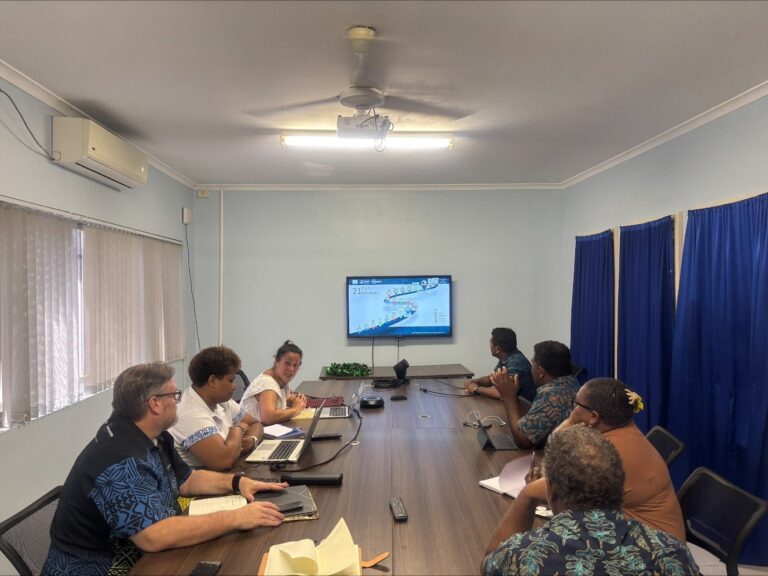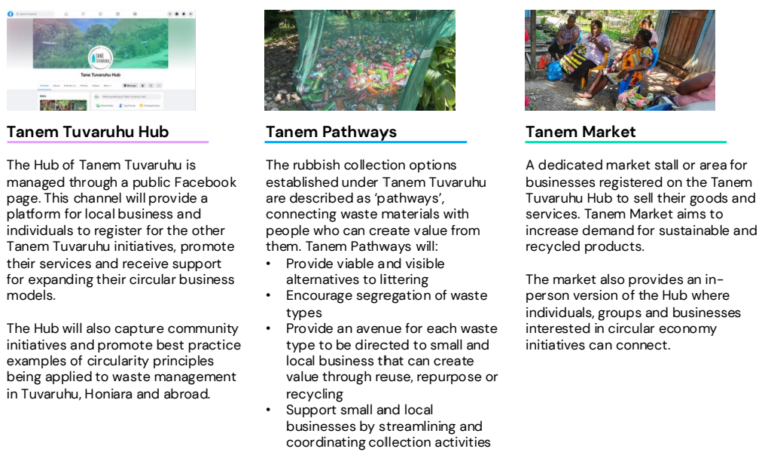Country Project
Solomon Islands

IMPROVING THE MANAGEMENT OF ORGANIC AND RECYCLABLES IN THE SOLOMON ISLANDS

IMPROVING THE MANAGEMENT OF ORGANIC AND RECYCLABLES IN THE SOLOMON ISLANDS
Solomon Island’s Ministry of Environment, Climate Change, Disaster Management and Meteorology is utilising PacWastePlus investment to introduce new systems that improve the management of organic waste and recyclables.
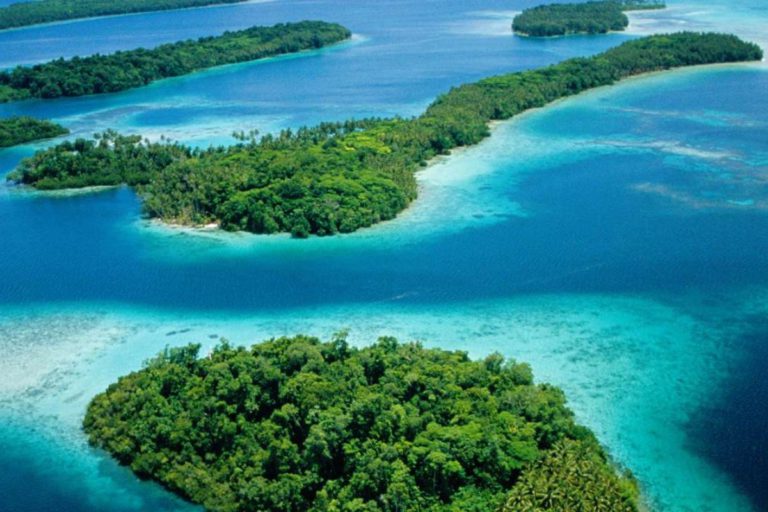
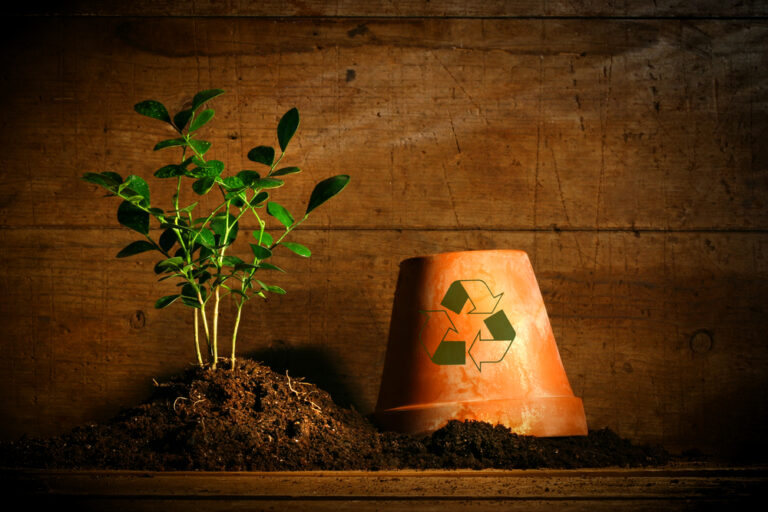
Project Description
Current Situation
Without viable options for the recovery of organic wastes and recyclables, these items are either landfilled, burnt, or dumped into the environment in the Solomon Islands. As a result of current management arrangements, critical landfill space is fast running out while methane and leachates are generated following the decomposition of organic matter in an anaerobic environment.
What is the Solomon Islands Project About?
The project will introduce an organic processing programme in Honiara Market, construct an organic processing facility, establish a marketing strategy. Project Activities include:
• Design and implementation of an organic processing programme in Gizo that will collect and compost all organic waste generated at the Gizo Central Market.
• Introduce an Advance Recovery Fee & Deposit system and legislation in the Solomon Islands to improve the recycling rate in the country.
• Establish a recyclable collection centre in Gizo.
Future Situation
Solomon Island’s Ministry of Environment, Climate Change, Disaster Management and Meteorology seeks to have an effective and self-funding solution for the collection and processing of organic waste and recyclables.
Latest news & updates
Browse through all the news & updates related to this project
Project resources
Browse through all the resources published from this project.
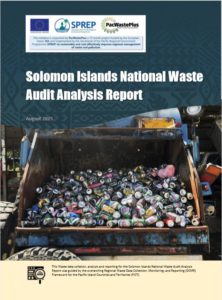
Research Report
Solomon Islands National Waste Audit Analysis Report
This Waste data collation, analysis and reporting for the Solomon Islands National Waste Audit Analysis Report was guided by the overarching Regional Waste Data Collection, Monitoring, and Reporting (DCMR) Framework for the Pacific Island Countries and Territories (PICT).
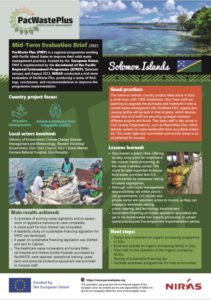
General
Mid-Term Evaluation PacWaste Plus Programme – Solomon Islands Project Evaluation Brief
The Pacific – European Union Waste Management (PacWaste Plus) Programme has completed an external Mid-Term Evaluation. The evaluators from NIRAS International Consulting have produced a suite of products highlighting the Mid-Term Evaluation findings. This country brief highlights the mid-term review findings for the Solomon Islands PacWaste Plus project.
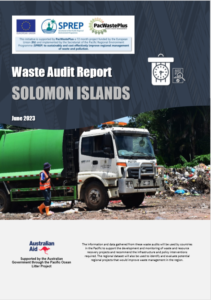
Technical Report
Solomon Islands Waste Audit Report
The information and data gathered from these waste audits will be used by countries in the Pacific to support the development and monitoring of waste and resource recovery projects and recommend the infrastructure and policy interventions required. The regional dataset will also be used to identify and evaluate potential regional projects that would improve waste management in the region.
Frequently Asked Questions
-
- By 2023 have e strong and sustainable legislative environment in Solomon Islands that provides for the effective diversion of organic and recyclable wastes from landfill.
- By 2023, have an effective resource recovery programme operating in Solomon Islands with efficient infrastructure support and an active, engaged partnership between government and the private sector to divert organic and recyclable waste from landfills.
- By 2023 have an informed and engaged community with an increased understanding of the importance of waste management and knowledge of how to appropriately manage organic and recyclable wastes.
-
- 63% of Solomon Islands waste stream are made up of organic waste while recyclables make up an estimated 30%.
- These items are either landfilled, burnt, or dumped into the environment in the Solomon Islands
- Landfilling organic wastes and recyclables take up critical landfill airspace, generates methane gas, and leachates.
-
- Organic and recyclable waste recovery and processing industry becomes self-sufficient and is strengthened through private partnerships and government import standards.
- All Organic waste generated at produce markets on Guadalcanal is diverted from landfill in 2025
- Recyclables are captured effectively through the ARFD system by 2025.


